The amount received from livestock farming activities will be exempt from personal income tax if it meets the provisions in Point e, Clause 1, Article 3 of Circular No. 111/2013/TT-BTC of the Minister of Finance.
Mr. Nguyen Tuan Thanh (Nam Dinh) has a real estate, a pig farm, inherited from his parents, registered as a farm economy, and is still operating.
Mr. Thanh transferred the pig farm to another individual for a value of 13.5 billion VND, in which he declared the value of the real estate as 7 billion VND and the value of the pigs as 6.5 billion VND.
Mr. Thanh wondered whether he had to pay personal income tax (PIT) on the value of the 6.5 billion VND pig herd or not? If so, how much would he have to pay?
Meeting this requirement will result in tax exemption.
Responding to Mr. Thanh's question, the tax authority said that if Mr. Thanh meets the provisions in Point e, Clause 1, Article 3 of Circular No. 111/2013 of the Minister of Finance, the amount of money received from pig farming activities is exempt from personal income tax.
Article 3 of Circular No. 111 stipulates tax-exempt income, including point e: “Income of households and individuals directly participating in agricultural production, forestry, salt making, aquaculture, and fishing of unprocessed or only preliminarily processed aquatic products that have not been processed into other products”.
Households and individuals directly participating in production activities according to the instructions in this point must simultaneously satisfy the following three conditions:
One is to have the right to use land, the right to lease land, the right to use water surface, the right to legally lease water surface for production and directly participate in labor in agricultural production, forestry, salt making, and aquaculture.
In case of subleasing land or water surface from another organization or individual, there must be a land or water surface lease document in accordance with the provisions of law (except for cases where households or individuals are contracted to plant, care for, manage and protect forests with forestry companies).
For fishing activities, there must be a certificate of ownership or a contract to rent a boat or vessel used for fishing purposes and directly participate in fishing activities (except for fishing on rivers using the river bottom (fish bottom) method and not being prohibited fishing activities according to the provisions of law).
Second is the actual residence in the locality where agricultural, forestry, salt making, aquaculture and fishing activities take place.
The locality where agricultural, forestry, salt making, and aquaculture production activities take place according to these instructions is a district, town, or city under a province (collectively referred to as a district-level administrative unit) or a district bordering the place where the production activities take place.
As for fishing activities, it does not depend on the place of residence.
Third, agricultural, forestry, salt-making, aquaculture and fishing products that have not been processed into other products or have only been preliminarily processed are products that have just been cleaned, dried, peeled, de-seeded, cut, salted, refrigerated and other conventional forms of preservation.
Tax rates and time of calculating real estate transfer tax
In case of exemption from personal income tax on the amount received from livestock farming activities, Mr. Thanh will still have to pay personal income tax from real estate transfer activities.
Article 2 of Circular No. 111 stipulates taxable income, including income from real estate transfer.
Point b, Clause 5 of this Article specifically stipulates: “Income from the transfer of land use rights and assets attached to land. Assets attached to land include 3 types: Housing, including future housing; Infrastructure and construction works attached to land, including future construction works; Other assets attached to land include assets that are agricultural, forestry and fishery products (such as crops and livestock)".
Clause 2, Clause 3, Article 12 of Circular No. 111, as amended and supplemented in Article 17 of Circular No. 92 of 2015 of the Minister of Finance, clearly stipulates: The tax rate for real estate transfer is 2% of the transfer price or sublease price.
The time for calculating tax from real estate transfer is determined as follows:
+ If the transfer contract does not have an agreement that the buyer is the taxpayer on behalf of the seller, the time for calculating tax is the time the transfer contract takes effect according to the provisions of law.
+ If the transfer contract has an agreement that the buyer is the tax payer on behalf of the seller, the time for calculating tax is the time of registration of ownership and right to use the real estate.
+ In case an individual receives a transfer of a future housing project or land use rights associated with a future construction project, it is the time when the individual submits tax declaration documents to the tax authority.
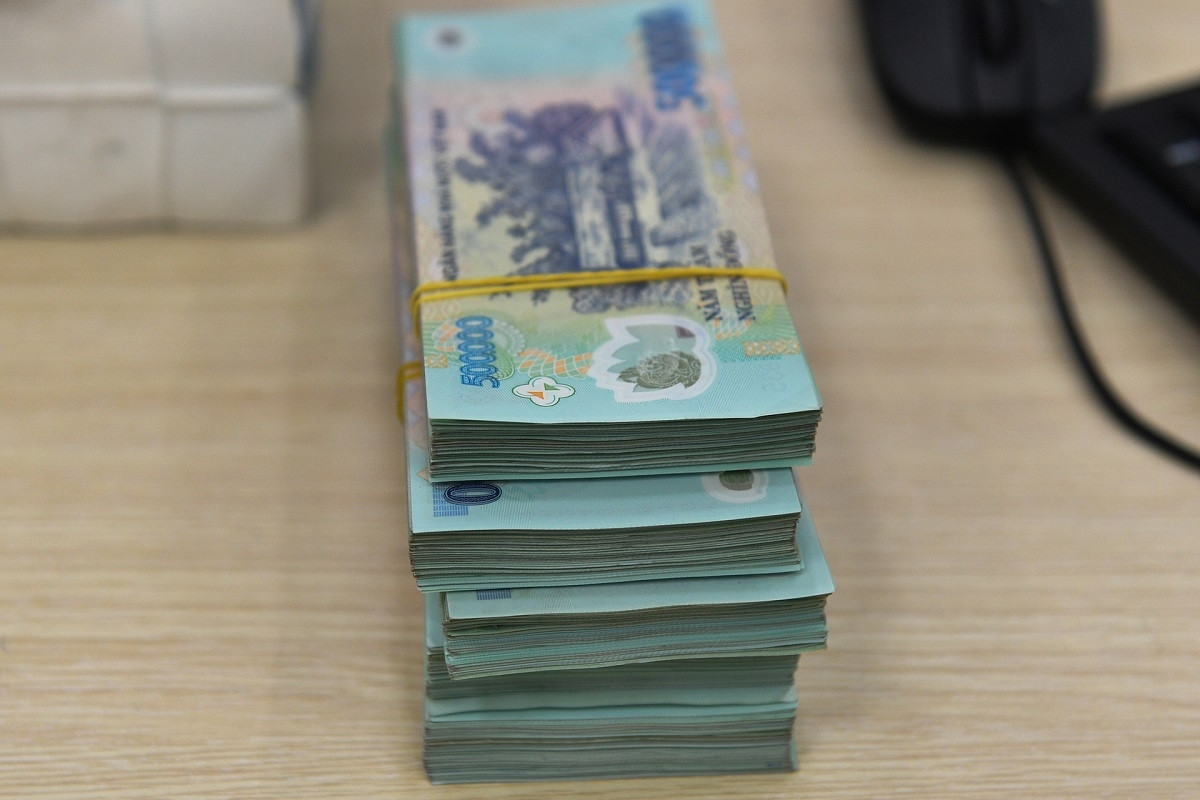

Source: https://vietnamnet.vn/truong-hop-nao-duoc-mien-thue-thu-nhap-ca-nhan-tu-hoat-dong-chan-nuoi-2368184.html


![[Photo] Prime Minister Pham Minh Chinh meets with the Policy Advisory Council on Private Economic Development](https://vphoto.vietnam.vn/thumb/1200x675/vietnam/resource/IMAGE/2025/5/8/387da60b85cc489ab2aed8442fc3b14a)

![[Photo] President Luong Cuong presents the decision to appoint Deputy Head of the Office of the President](https://vphoto.vietnam.vn/thumb/1200x675/vietnam/resource/IMAGE/2025/5/8/501f8ee192f3476ab9f7579c57b423ad)

![[Photo] National Assembly Chairman Tran Thanh Man chairs the meeting of the Subcommittee on Documents of the First National Assembly Party Congress](https://vphoto.vietnam.vn/thumb/1200x675/vietnam/resource/IMAGE/2025/5/8/72b19a73d94a4affab411fd8c87f4f8d)
![[Photo] General Secretary concludes visit to Azerbaijan, departs for visit to Russian Federation](https://vphoto.vietnam.vn/thumb/1200x675/vietnam/resource/IMAGE/2025/5/8/7a135ad280314b66917ad278ce0e26fa)




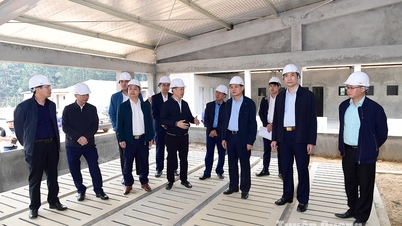

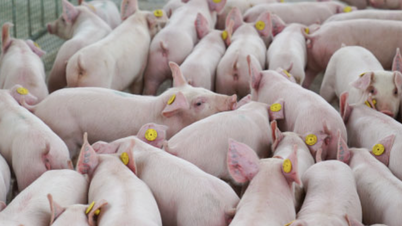







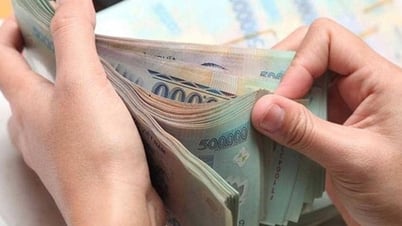











































![[Photo] Prime Minister Pham Minh Chinh talks on the phone with Singaporean Prime Minister Lawrence Wong](https://vphoto.vietnam.vn/thumb/402x226/vietnam/resource/IMAGE/2025/5/8/e2eab082d9bc4fc4a360b28fa0ab94de)





















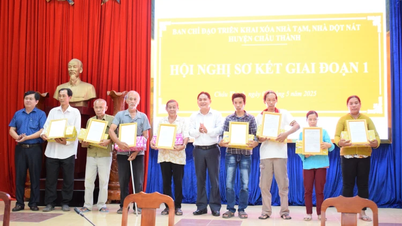












Comment (0)